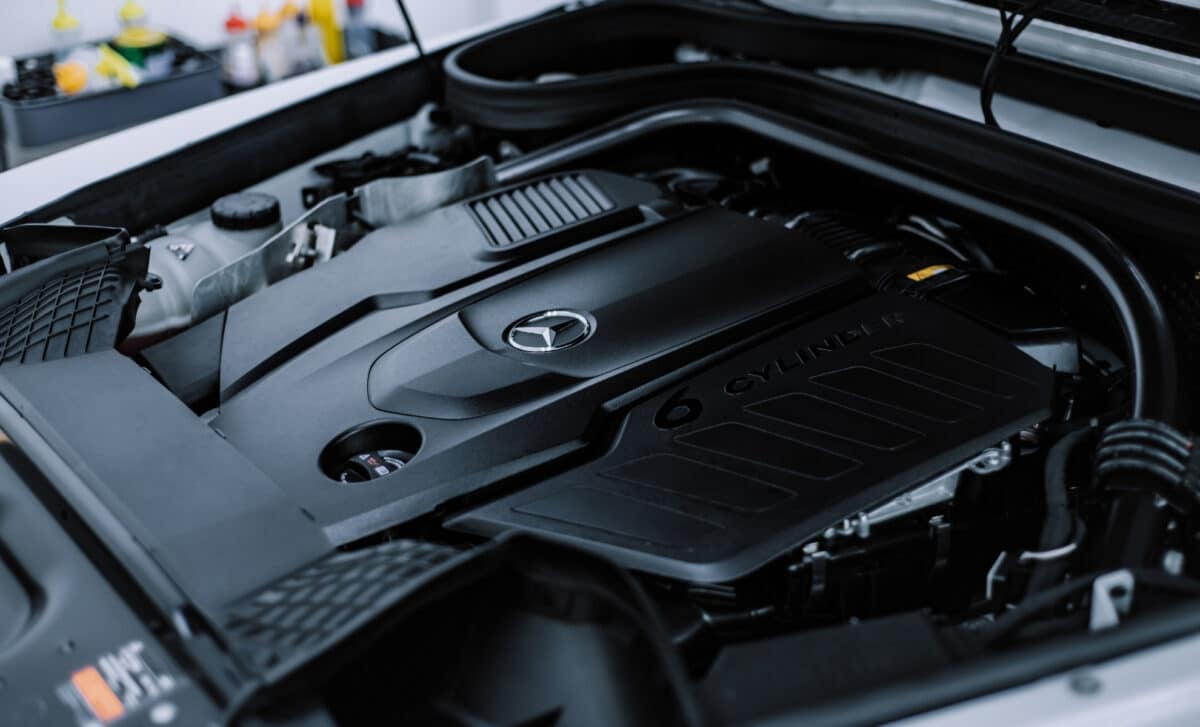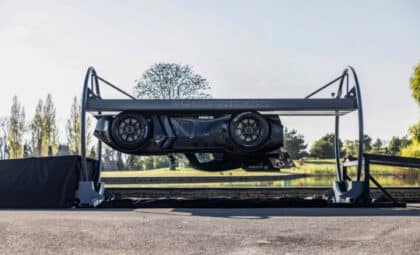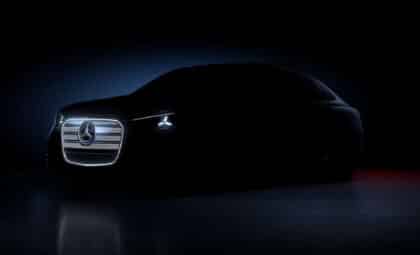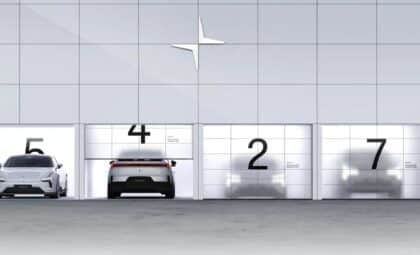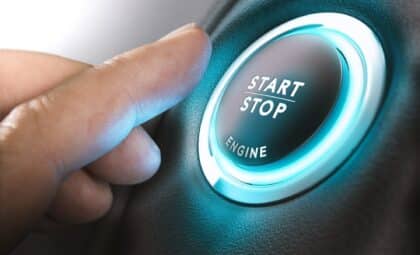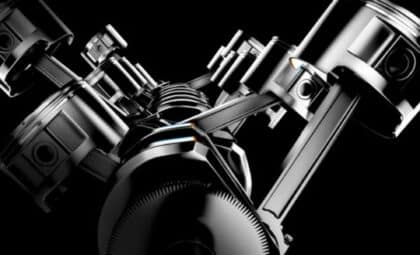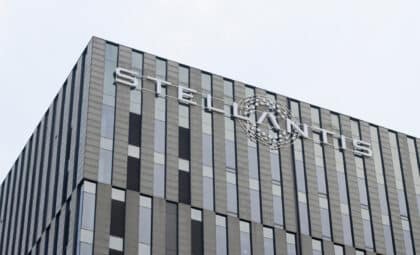This comes after weeks of speculation that Mercedes might integrate BMW’s turbocharged 2.0-liter B48 engine into its smaller or plug-in hybrid vehicles to cut costs and meet tougher emissions regulations. But the company has now stated that it will continue relying entirely on its own in-house powertrains.
The news puts an end to a short-lived but widely discussed possibility in the automotive world. Mercedes and BMW—two brands known for fierce competition as much as innovation—were rumored to be on the verge of a historic collaboration. That idea is now officially off the table. The timing of the denial is also significant, as both companies face mounting pressure to adapt to new emissions regulations while managing the transition to electrification.
Mercedes Doubles Down on In-House Engine Development
During his remarks in Munich, Markus Schaefer emphasized that Mercedes is fully committed to its own range of internal combustion engines. “There is no truth to this,” he said, referring to the rumors about a supply agreement with BMW. Instead, Mercedes will continue with its FAME platform—short for Family of Modular Engines—a flexible architecture that includes four-, six-, eight-, and even twelve-cylinder engines.
This modular system, introduced almost four years ago, was designed to stay compliant with the most stringent emissions standards, including Euro 7, China 7, and U.S. regulations. According to Schaefer, Mercedes’ new generation of engines is not only ready for current standards but also built with the future in mind. A new high-performance V8 is reportedly nearing completion, and V12 units are expected to remain in the company’s lineup.
The FAME program reflects a broader strategy at Mercedes to retain full control over its drivetrain technology as the industry faces disruptive change. Despite electrification trends, the company clearly sees continued value in maintaining its traditional engine expertise.
Speculation Centered on Euro 7 Regulations and Smaller Models
Rumors of the engine partnership gained traction in August. Reports suggested that Mercedes was looking to reduce development costs for compact vehicles and plug-in hybrids by outsourcing to BMW. The 2.0-liter B48 turbocharged unit, already used across several BMW models, was viewed as a candidate for Mercedes’ C-Class and E-Class hybrid variants.
As reported by Motor1, the speculation also involved replacing certain smaller engines—like the 1.5-liter turbo developed through Mercedes’ partnership with Geely—beginning in 2027. The idea was that outsourcing could help Mercedes meet the tough Euro 7 standards without reinvesting in new small-displacement engines.
But neither Stuttgart nor Munich ever confirmed such plans. Now, with Schaefer’s public denial, it’s clear that any such discussions, if they happened at all, never reached a formal stage. Mercedes remains committed to its current lineup, including jointly developed engines under ventures like Horse with Geely, rather than adopting BMW powertrains.
Electrification Strategy Coexists with Internal Combustion
Although Mercedes is accelerating its move toward electric vehicles, internal combustion engines are far from being phased out. Schaefer confirmed that traditional engines—especially larger ones—still have a place in the brand’s portfolio. “We will continue to offer V-12s and also V-8s,” he stated.
The company’s approach seems to balance long-term electrification goals with short-term practicality. For instance, the latest GLC model is available both in electric and combustion versions, with pricing that positions both options on nearly equal footing. This strategy underscores Mercedes’ intent to cater to a wide spectrum of consumers while staying compliant with environmental regulations.
As mentioned in the source, this stance reflects a broader message: Mercedes wants its powertrains to remain unmistakably “Made in Stuttgart,” preserving both brand identity and engineering independence.

